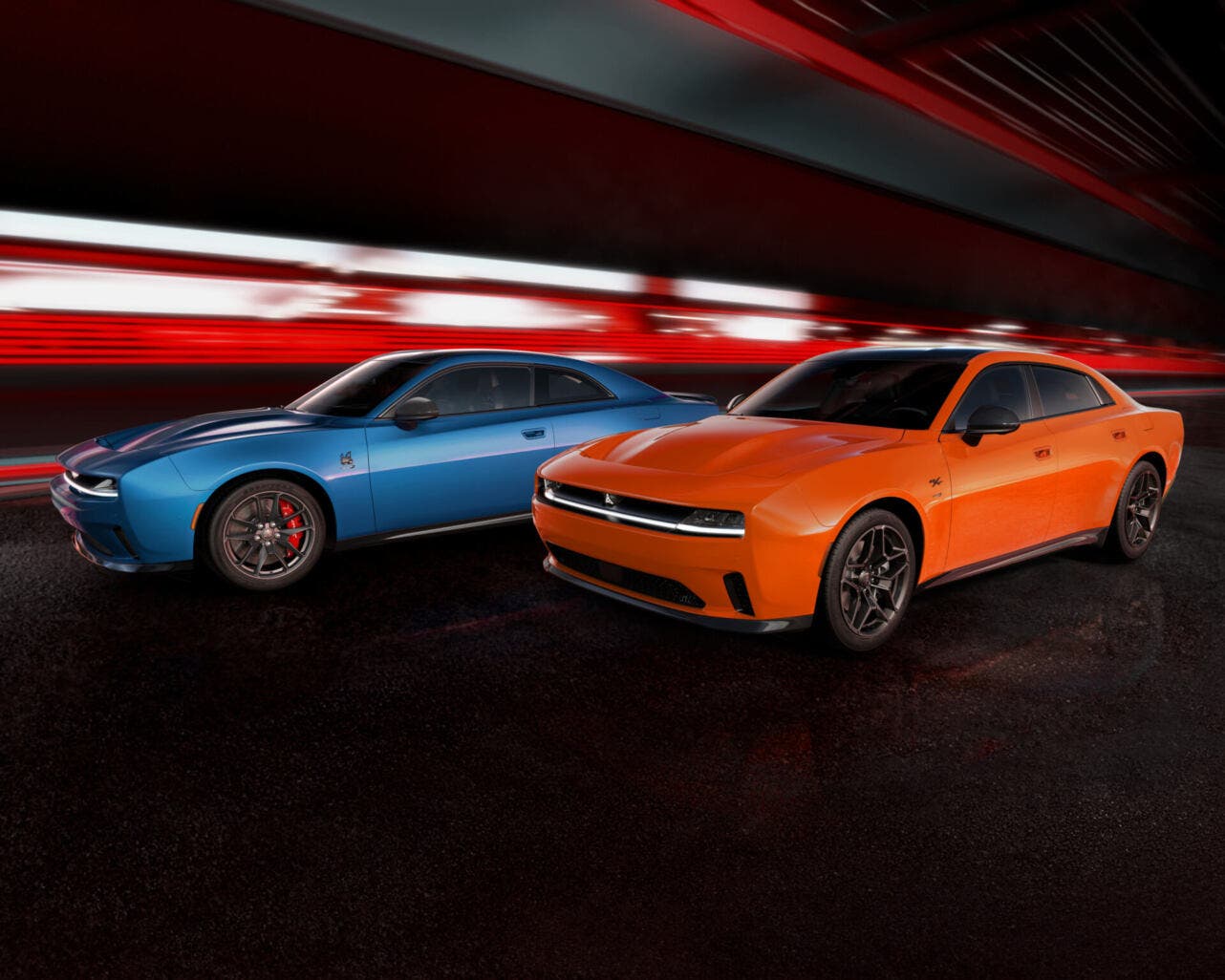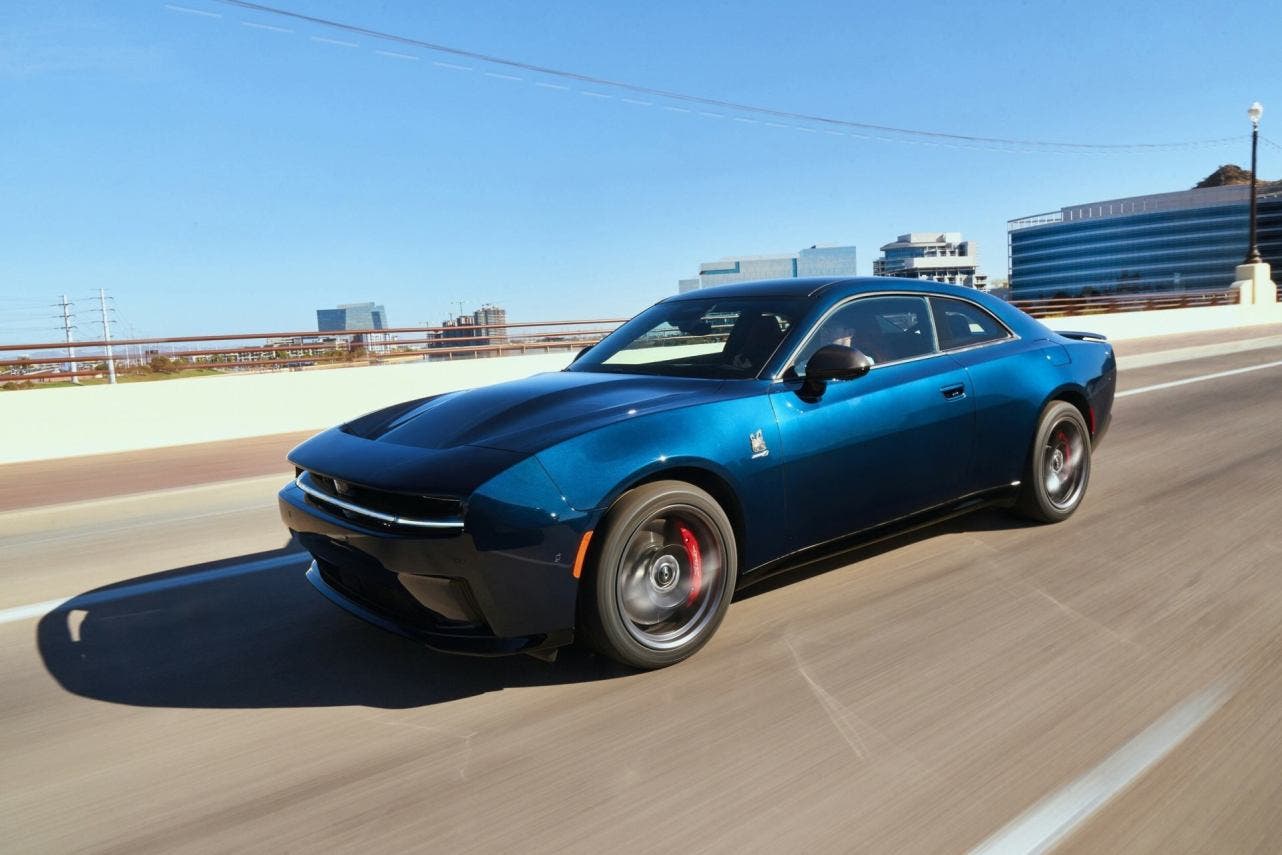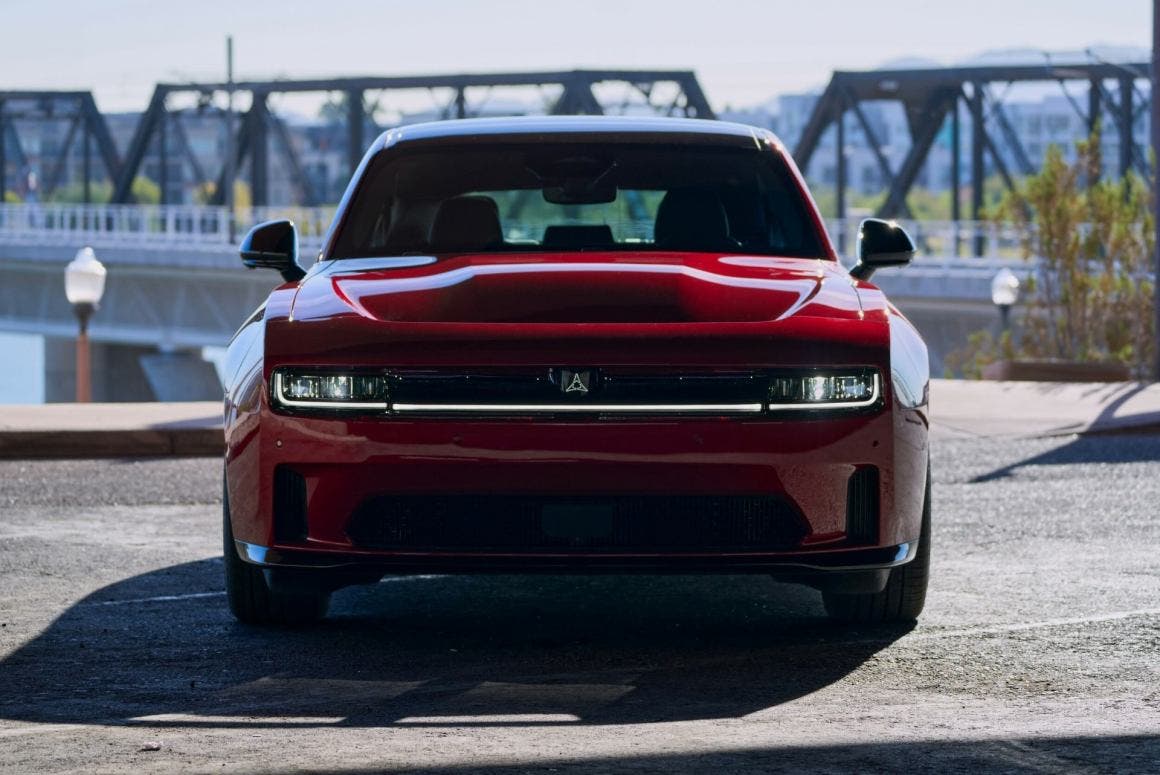Since its debut in a fully electric version, the Dodge Charger Daytona has sparked heated discussions among enthusiasts. Now, the 2025 model is ready to add a new chapter to this story. Sources close to Stellantis suppliers have confirmed that production of the 2025 Charger Daytona will be temporarily halted between March and May 2025 at the Windsor facility. A revolutionary technological update would be on the way: the introduction of Factorial solid-state batteries.
Stellantis will change strategy for the new Dodge Charger Daytona: the battery will be solid-state

Stellantis has decided to equip the 2026 Charger Daytona with innovative FEST (Factorial Electrolyte System Technology) batteries, making it the first vehicle in the group to utilize this new generation technology. According to official data, the new cells offer an impressive energy density of 391 Wh/kg, potentially guaranteeing a range of over 965 km on a single charge. This represents a huge leap compared to the 431 km of the current R/T and 388 km of the Scat Pack.
Although these cells on the upcoming Charger Daytona are classified as “semi-solid,” thanks to the use of an almost solid electrolyte, they allow the use of a lithium anode, which replaces traditional graphite and works with advanced cobalt and nickel-based cathodes. This results in more energy, reduced dimensions, and less weight compared to lithium-ion batteries.
Despite the enthusiasm, some questions remain: will the new batteries last beyond 150,000 km without performance loss? Can they be produced in large volumes? Will they finally make electric vehicles more accessible to the general public? These challenges are at the center of the $75 million investment that Stellantis made in Factorial Energy in 2021.

Initial field tests with Charger Daytona prototypes suggest that the battery debut could occur sooner than expected. According to internal sources, the production start date for the 2026 model, known as “Job #1,” is set for Monday, May 26, 2026. But Factorial Energy‘s innovation doesn’t just concern Stellantis. The company has already signed agreements with Hyundai, Kia, and Mercedes-Benz to develop next-generation batteries.
Fully solid-state batteries are expected to enter mass production by the end of the decade, leading to a new era of electric vehicles with greater range, faster charging, and reduced costs. As stated by Ned Curic, Chief Engineering and Technology Officer of Stellantis, this collaboration with Factorial will ensure “higher ranges, reduced charging times, and superior performance.”

